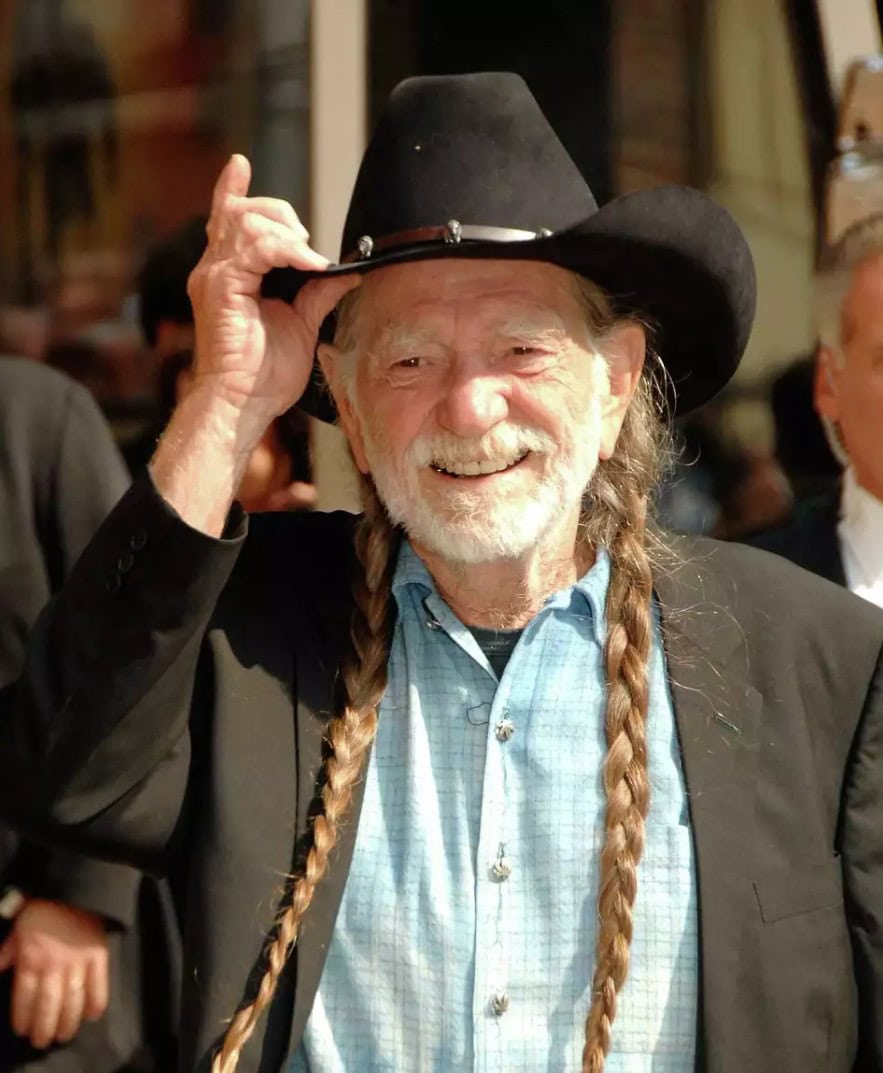
About the song
Willie Nelson’s Angel Flying Too Close to the Ground is one of those rare songs that seem to transcend the boundaries of time, genre, and personal experience. Written and recorded by Nelson for the 1981 film Honeysuckle Rose, the song quickly became a standout track, embodying all the hallmarks of his best work—intimate storytelling, understated yet deeply evocative instrumentation, and that unmistakable voice, weathered by years and heavy with emotion. More than just another entry in his vast catalog, Angel Flying Too Close to the Ground is a meditation on love, loss, and the quiet grace of letting go.
At its core, the song tells the story of a love so deep and tender that the narrator willingly nurses a wounded soul back to health, only to step aside when it is time for them to move on. It is a tale as old as time, rendered in Nelson’s plainspoken poetry: “If you had not have fallen / Then I would not have found you.” From the very first line, he establishes a sense of fate, a meeting that feels both inevitable and fleeting. There is no resentment in this love—only gratitude, even in parting. The idea of an “angel flying too close to the ground” suggests someone fragile, perhaps troubled, whose time in the narrator’s life is brief but meaningful.
Musically, the song is a masterclass in restraint. The arrangement is minimal, built around Nelson’s signature nylon-string guitar, his voice, and a gently weeping pedal steel guitar. There is an aching simplicity to the melody, one that seems to linger in the air long after the last note fades. This is a song that doesn’t need grand gestures or embellishments; its power lies in the spaces between the notes, the way Nelson allows each phrase to breathe. His phrasing, always slightly behind the beat, gives the song a conversational quality, as if he is speaking directly to the listener, recounting a memory too precious to let slip away.
Though deeply personal, Angel Flying Too Close to the Ground resonates on a universal level. It is the kind of song that means different things to different people—a lost love, a friend who drifted away, even a parent or child who could not stay. The beauty of Nelson’s writing is that he leaves room for interpretation, inviting listeners to find their own meaning in his words. That universality is part of why the song has endured, covered by artists ranging from Bob Dylan to Alison Krauss, each one bringing their own perspective to its timeless sorrow.
Perhaps the most striking aspect of Angel Flying Too Close to the Ground is its quiet acceptance. It is not a song of desperation or pleading but of love in its purest form—the kind that asks for nothing in return. Even in saying goodbye, the narrator offers only kindness: “I patched up your broken wing / And hung around a while / Trying to keep your spirits up / And your fever down.” There is no bitterness, only the quiet dignity of knowing that some things, no matter how precious, are not meant to last.
Few songwriters can distill complex emotions into such simple, elegant phrases, but Willie Nelson does it with an ease that feels almost effortless. Angel Flying Too Close to the Ground is a testament to his genius, a song that lingers long after it ends, much like the memories it so beautifully evokes.
Video
Lyrics
If you had not have fallen
Then I would not have found you
Angel flying too close to the ground
And I patched up your broken wing and hung around a while
Trying to keep your spirits up and your fever downI knew someday that you would fly away
For love’s the greatest healer to be found
So leave me if you need to, I will still remember
Angel flying too close to the groundFly on, fly on past, the speed of sound
I’d rather see you up than see you down
So leave me if you need to, I will still remember
Angel flying too close to the ground.So leave me if you need to, I will still remember
Angel flying too close to the ground.
